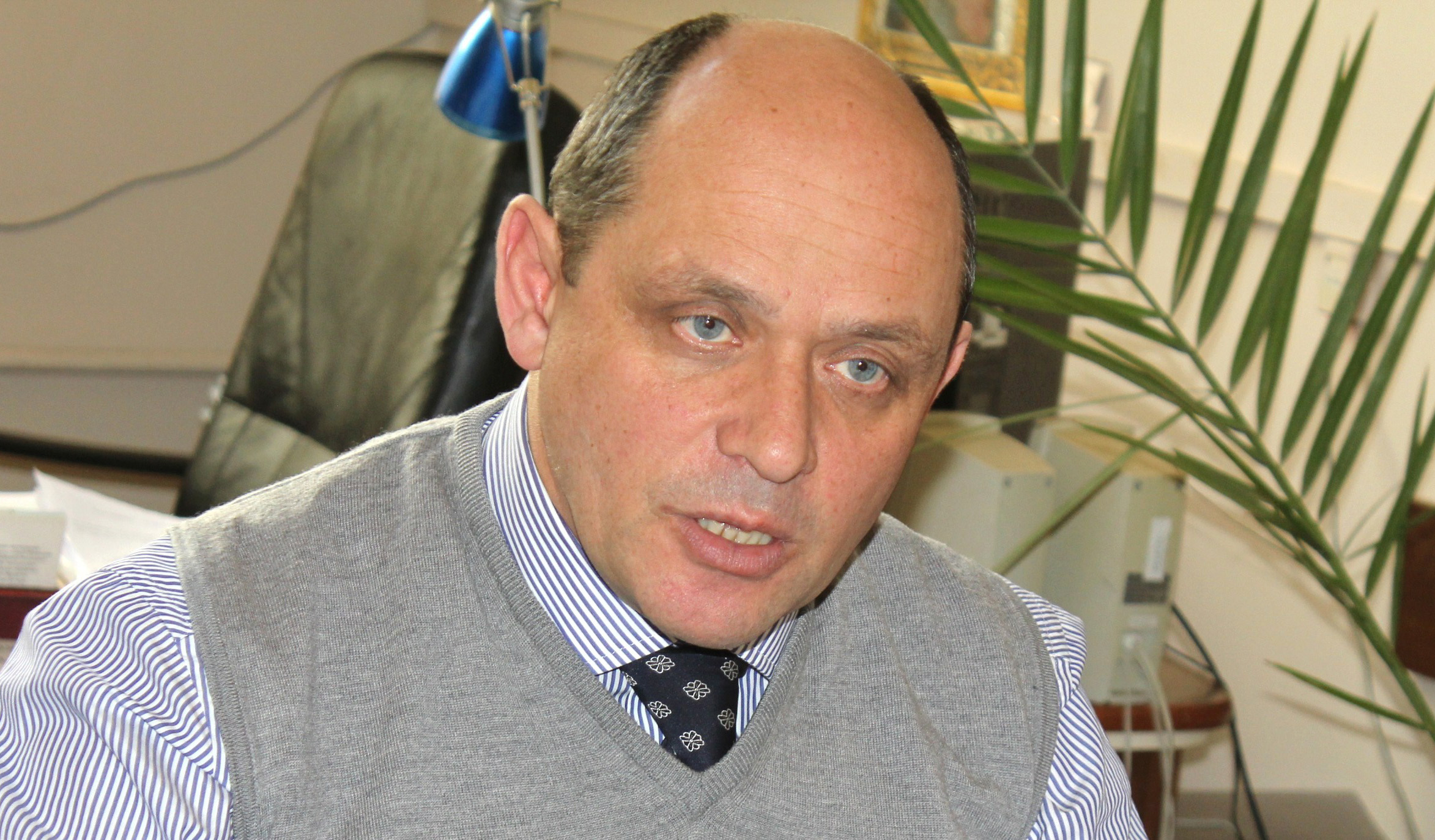The latest meeting of Lviv Polytechnic National University Academic Board focused, among others, on the problem of implementing inclusive education. Roman Korzh, Vice-Rector for Scientific and Pedagogical Work, made a report.
We can hear it all the time that the humaneness of a society is assessed according to its attitude towards children, elderly people and women. At the same time we often forget about people with special needs. According to the estimates of WHO, 15% of people in the world have some form of disability. And this does not always depend on the standard of living in this or that country. For instance, such disease as children’s cerebral palsy can be found equally in all European countries.
According to Roman Korzh, 332 disabled people (with diagnosis as children’s cerebral palsy, disabilities of supporting-motor apparatus, multiple sclerosis, oncology, etc.) study in Lviv Polytechnic.
Inclusive education is not mere willingness and initiative of humane educators. It is a direct requirement of the Laws of Ukraine “On education” and “On higher education”, the respective decrees of the Ministry of Education and Science of Ukraine.
The speaker stated that a system of inclusive educational services is being formed in the University in response to the challenges of time and the demands of the society, particularly students and lecturers with special needs. And it is being done not from scratch.
Vice-Rector reminded about certain stages of work in this direction. In 1999–2003, a Canadian-Ukrainian project “Social services reforming” was in operation. The Department of Sociology and Social Work was founded in that period. In 2008–2012, Lviv Polytechnic took part in administrating a Canadian-Ukrainian project “Inclusive education for disabled children in Ukraine”. In 2012 a Swedish-Ukrainian project “Inclusive education of schoolchildren with disabilities” was realized. A Resource Centre of Educational Information Technologies for people with special needs, who are visually impaired, has been created.
In 2015, International Centre of Professional Partnership “Integration” was created in the Institute of the Humanities and Social Sciences. In the same year, fruitful co-operation with Julius-Maximilians University of Würzburg (Germany) began. In this well-known European centre of education, a special emphasis is made on Physical Education and Sports among the people with special needs. While a group of lecturers and students from Lviv Polytechnic was staying there, they tried to imagine themselves in such people’s places, for instance, run blindfolded or play basketball in a wheelchair.
During 2015–2016, the network of partnership “No Limits” was being formed in Lviv Polytechnic at the regional, national and international levels. For this purpose the transformation of the learning environment began. For example, 1st academic building has been made accessible for the disabled (ramps, toilets). A project to transform dormitories 5 and 6 has been designed. The accessibility of the University infrastructure is constantly being monitored.
The project of the Decree on the accessibility service to create possibilities for studying “No Limits” (based on 1st academic building) has been prepared. The importance of the new service is underlined in the resolution of the Academic Board. A plan of steps to create accessible learning environment for people with disabilities is to be drawn up. The realization of the outlined plans will depend on the financial possibilities of the University and may last longer than a year. However, we have to move step by step towards students and lecturers with special needs.
Vice-Rector Roman Korzh stresses that creating such environment is not only the problem of the Institute of the Humanities and Social Sciences staff, the Department of Sociology and Social Work (real enthusiasts work there), but also of all institutes and departments.“We have to create proper conditions for learning for every student with disabilities studying in Lviv Polytechnic,” he said, “we have to create adequate conditions”.
